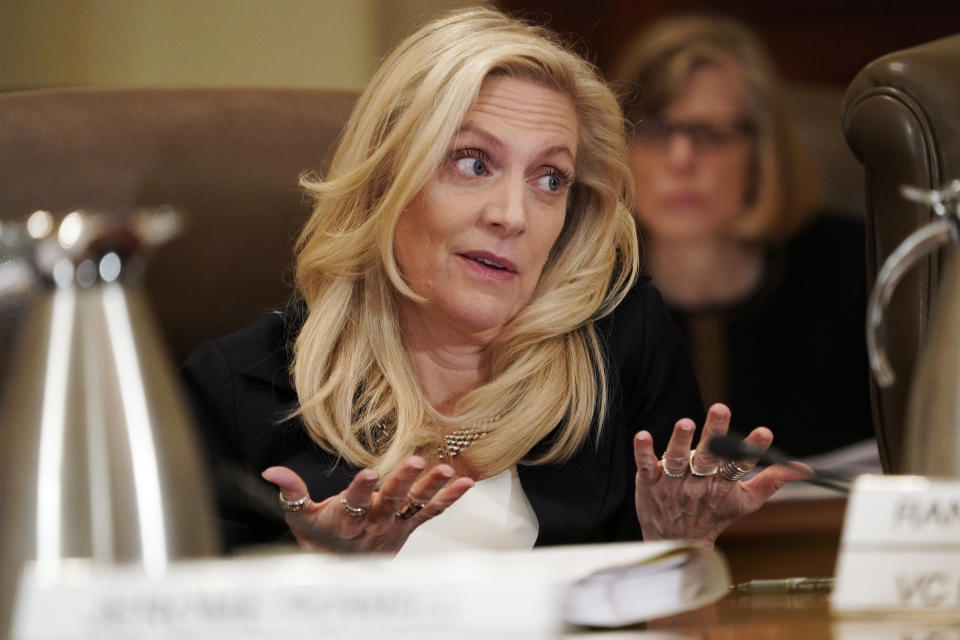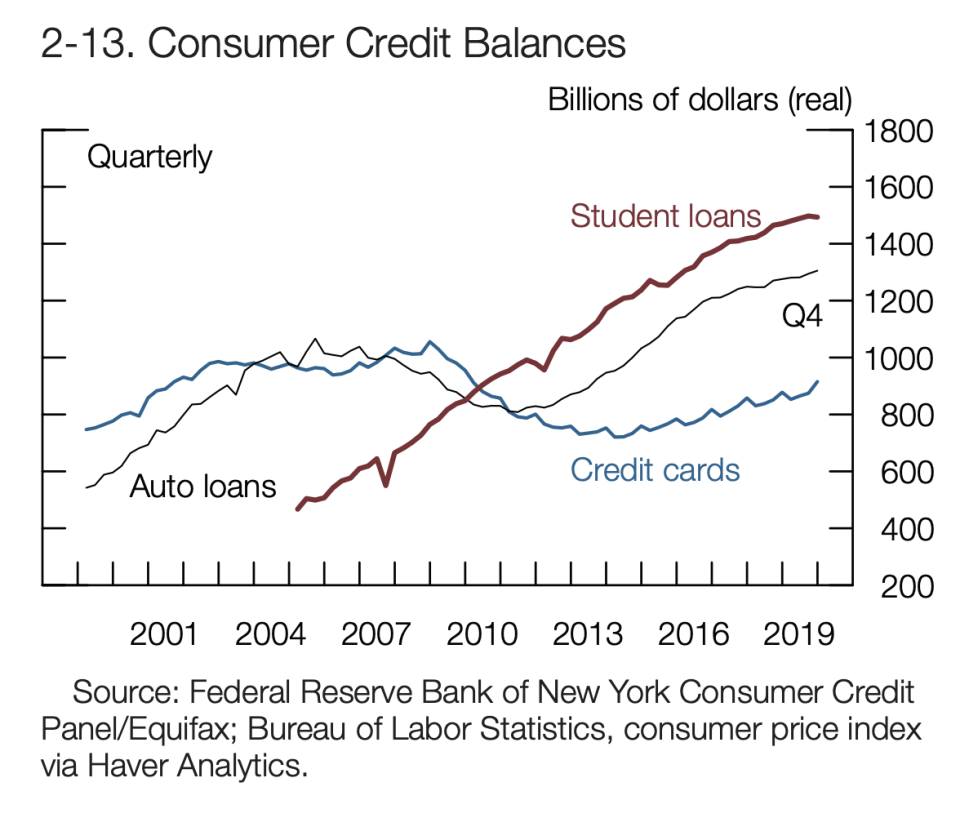Fed flags corporate leverage as financial system weathers COVID-19
The Federal Reserve says the financial system is stronger than it was in 2008, but warned that the COVID-19 pandemic raises “significant” risks particularly in corporate credit.
The central bank released its biannual Financial Stability Report on Friday warning that the novel coronavirus-induced financial shock to households and businesses will “likely create fragilities that last for some time.”
But the Fed says its many liquidity facilities aimed at direct purchases of commercial paper and corporate bonds stopped bankruptcies from occurring en masse in the early stages of the pandemic.
"Forceful early interventions have been effective in resolving liquidity stresses, but we will be monitoring closely for solvency stresses among highly leveraged business borrowers, which could increase the longer the Covid pandemic persists,” said Fed Governor Lael Brainard.
The report noted that while low interest rates have allowed indebted companies to find loans, it also increases leverage in an environment where business disruptions are increasing the possibility of businesses going bust. The Fed said the combination of lower expected earnings and higher debt (as seen through lower interest coverage ratios) could “trigger a sizable increase in firm defaults.”

The central bank said the fragilities in the system raised questions about elevated asset prices, which “remain vulnerable to significant price declines should the pandemic take an unexpected course, the economic fallout prove more adverse, or financial system strains reemerge.”
The Fed said banks, at the center of the financial system, should therefore expect the credit quality of its loan books to “deteriorate considerably,” although the report also points out that banks had strong capital and liquidity positions before the crisis. The central bank also said broker-dealers appeared to have low leverage.
However, the report called out non-bank firms like hedge funds and insurance companies as concerns, which saw increasing and elevated leverage.
In comparison, the Fed said households appeared to be at lower risk of widespread mortgage defaults seen in the last crisis. The central bank said mortgage extensions in 2019, for example, skewed toward less-risky borrowers amid stronger underwriting standards.
But higher leverage in other types of debt, such as student loans and auto loans, did raise concern that further increases in unemployment and loss of income would trigger household delinquencies and defaults.

The Fed publishes the Financial Stability Report twice a year, generally in May and November.
Brian Cheung is a reporter covering the Fed, economics, and banking for Yahoo Finance. You can follow him on Twitter @bcheungz.
Job losses hit low-income households particularly hard, Fed finds
Black-owned businesses will see extended 'challenge' even after pandemic ends
St. Louis Fed's Bullard: US economy can return 'pretty close to normal' in Q4
A glossary of the Federal Reserve's full arsenal of 'bazookas'
Read the latest financial and business news from Yahoo Finance
Follow Yahoo Finance on Twitter, Facebook, Instagram, Flipboard, SmartNews, LinkedIn, YouTube, and reddit.
